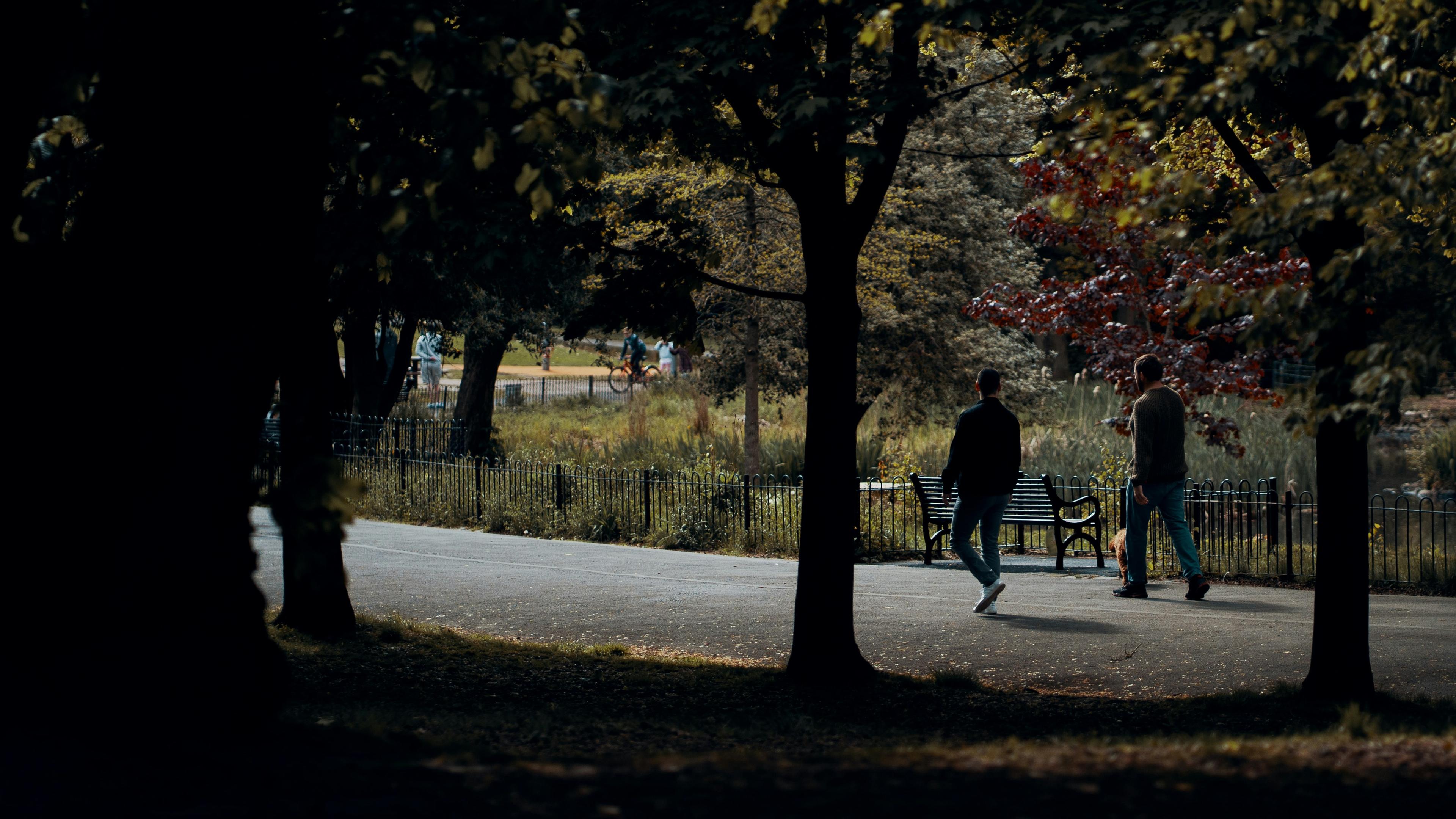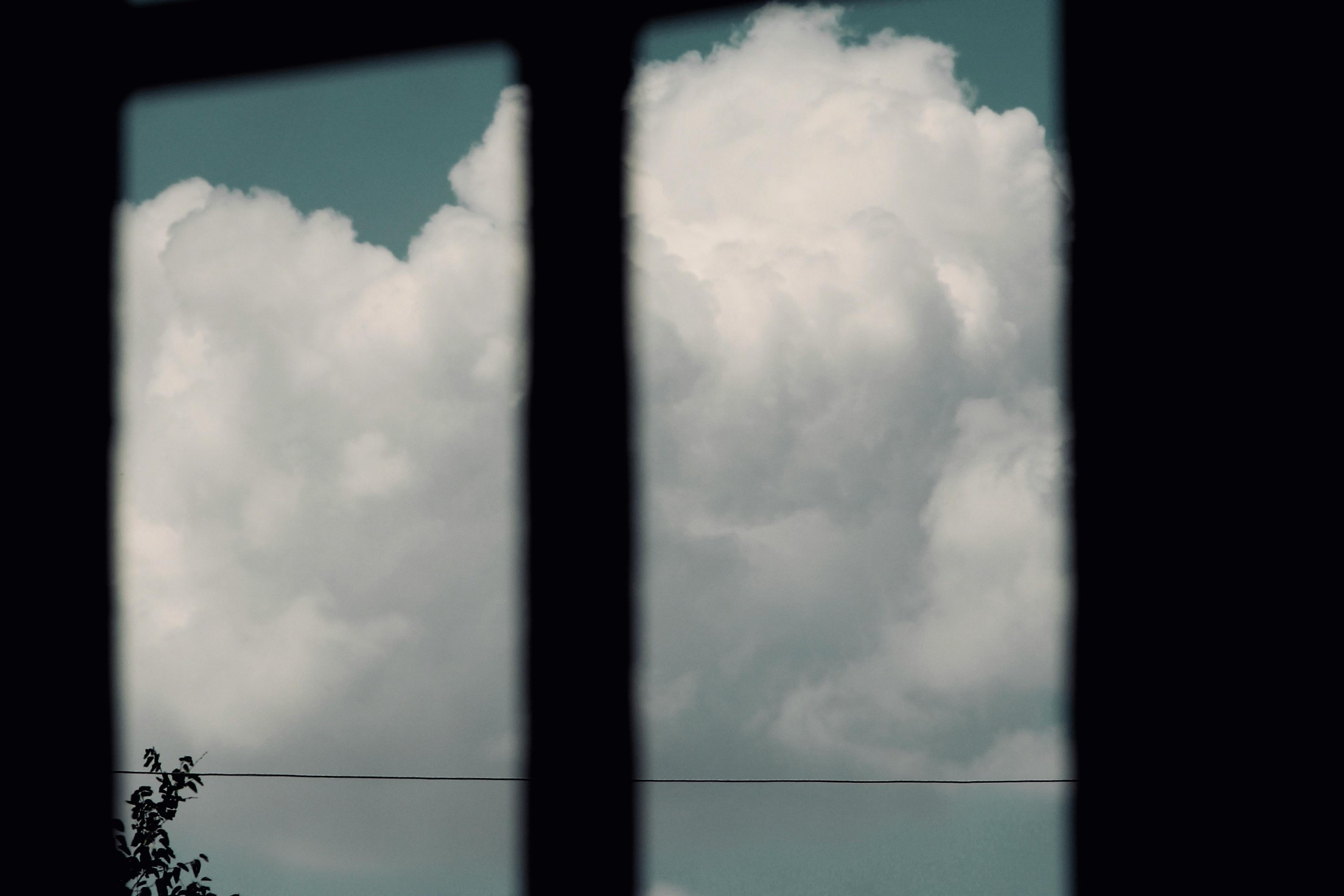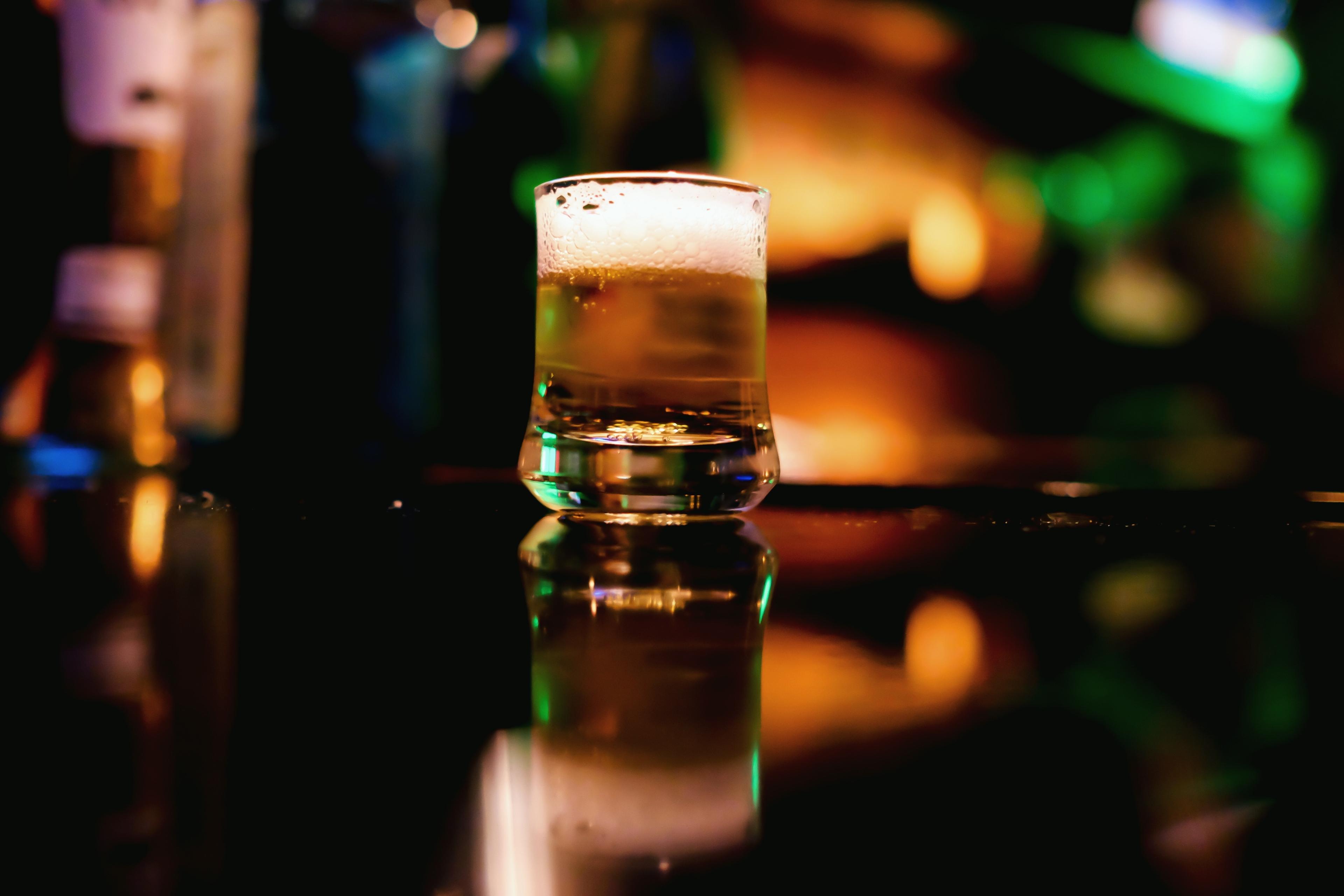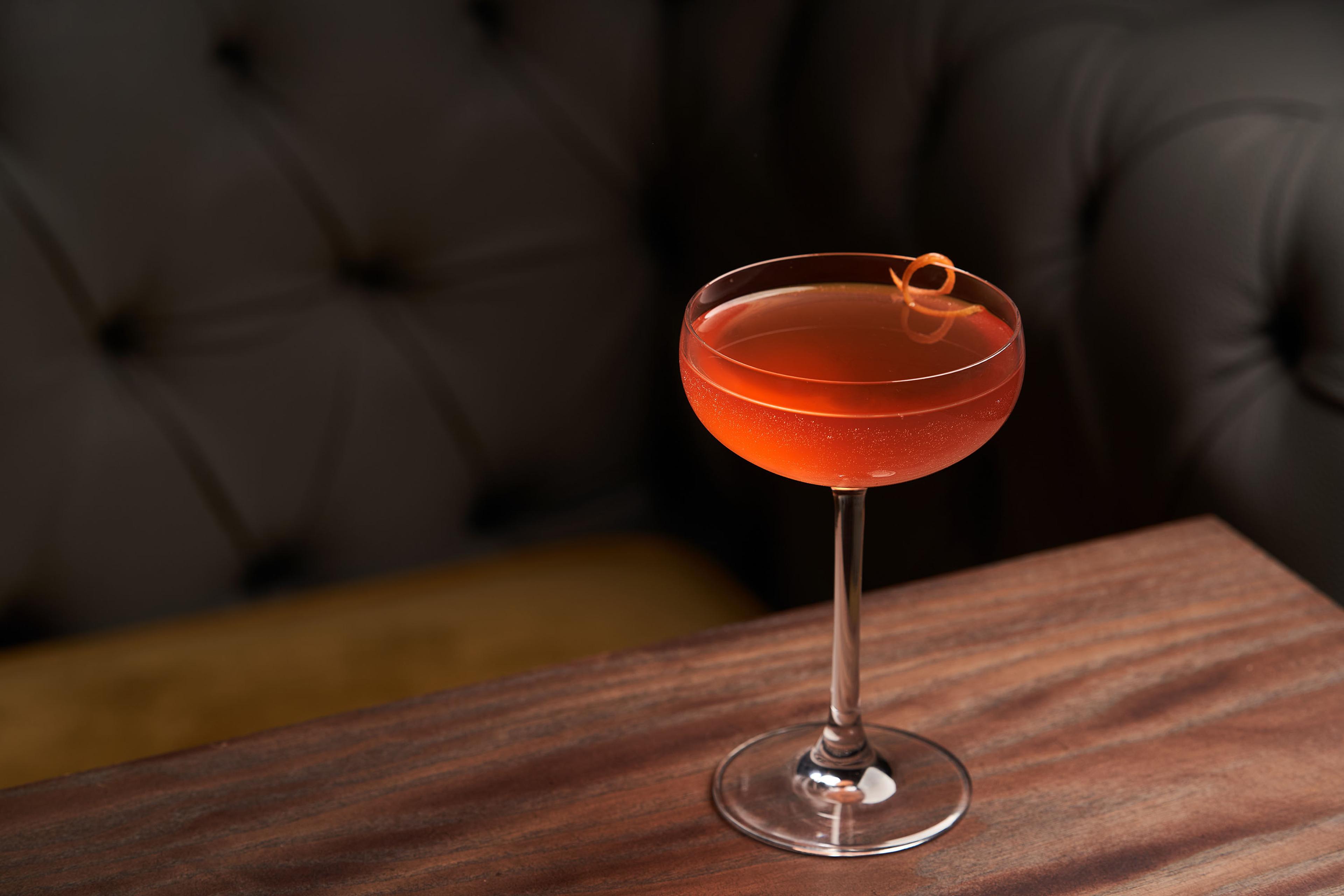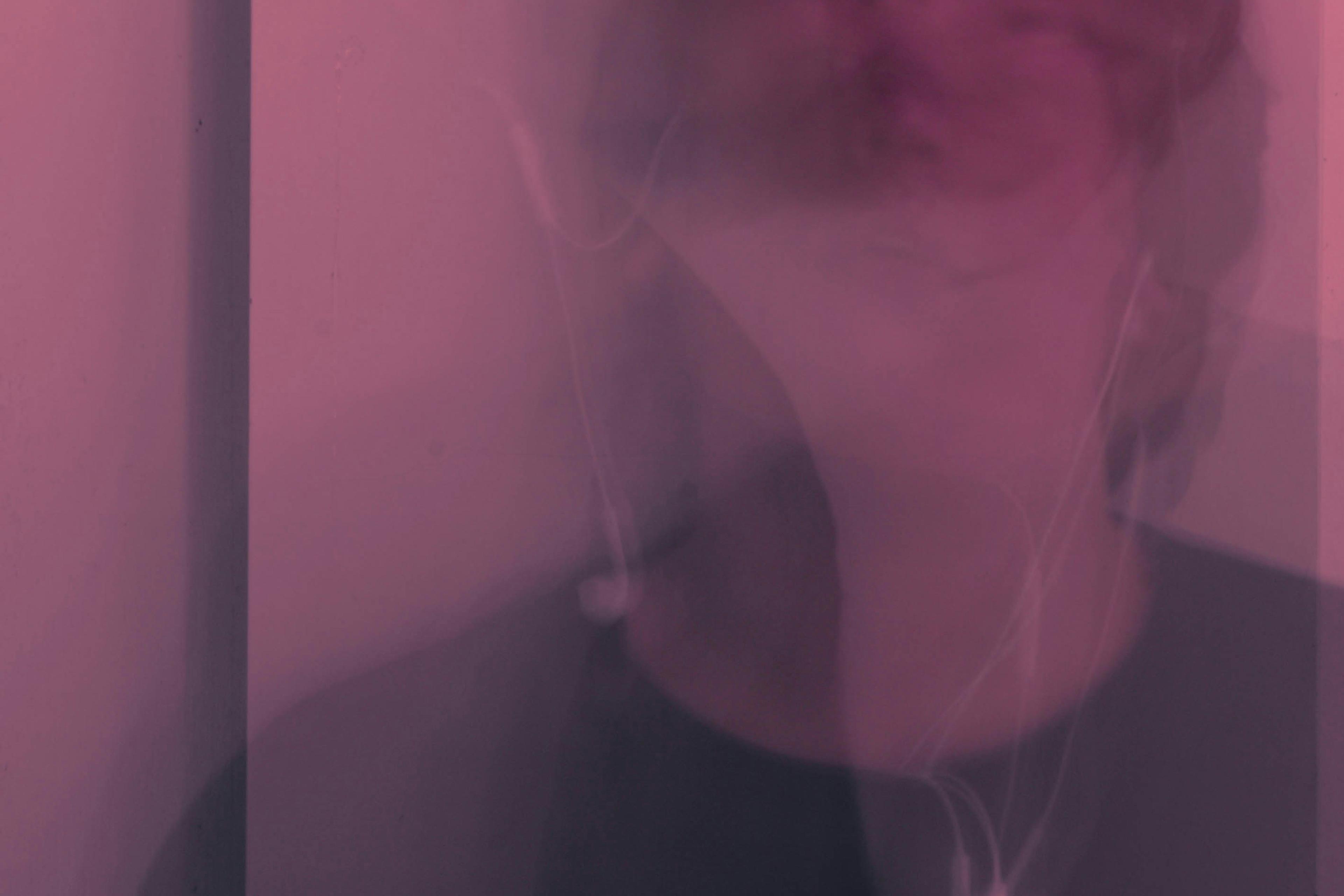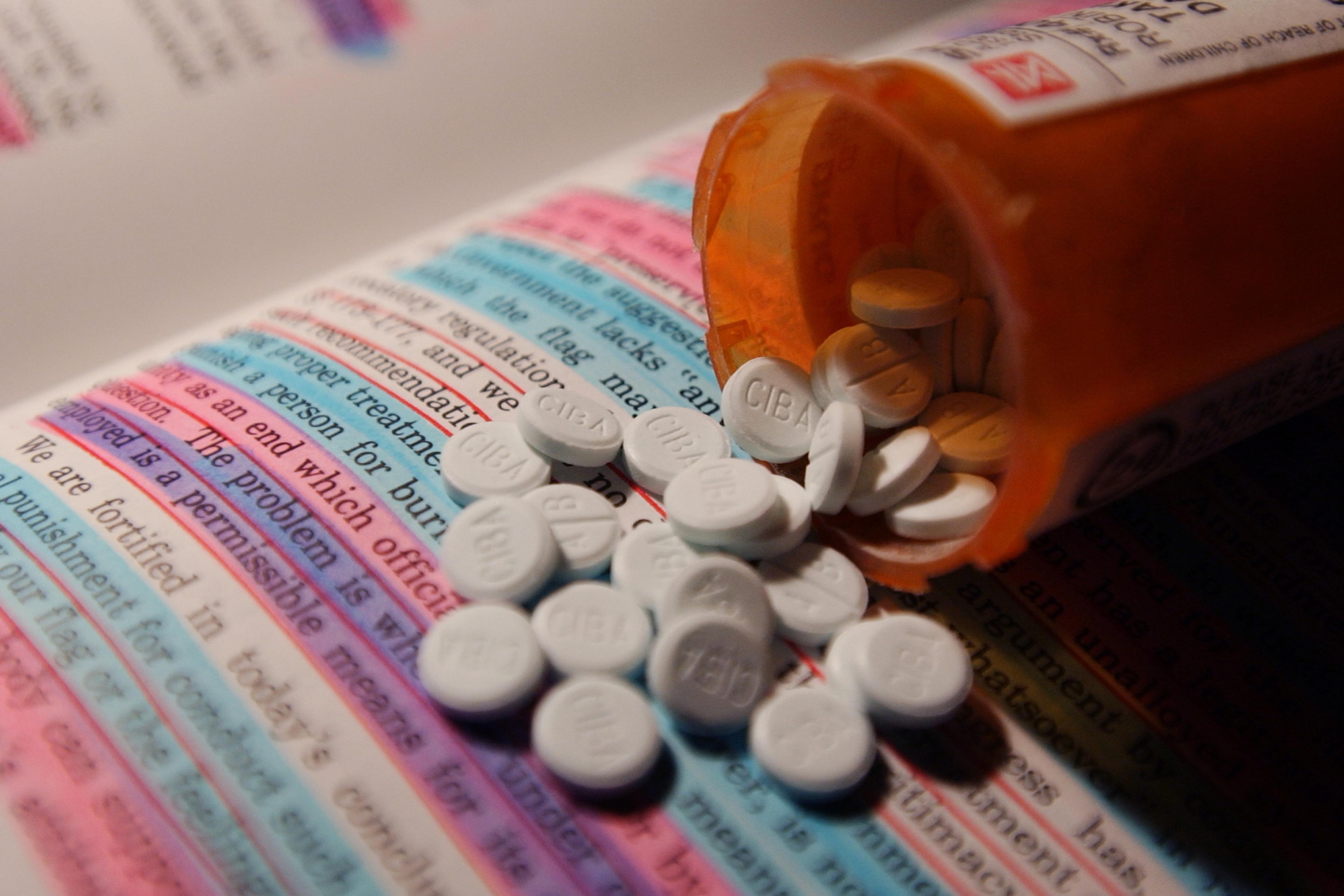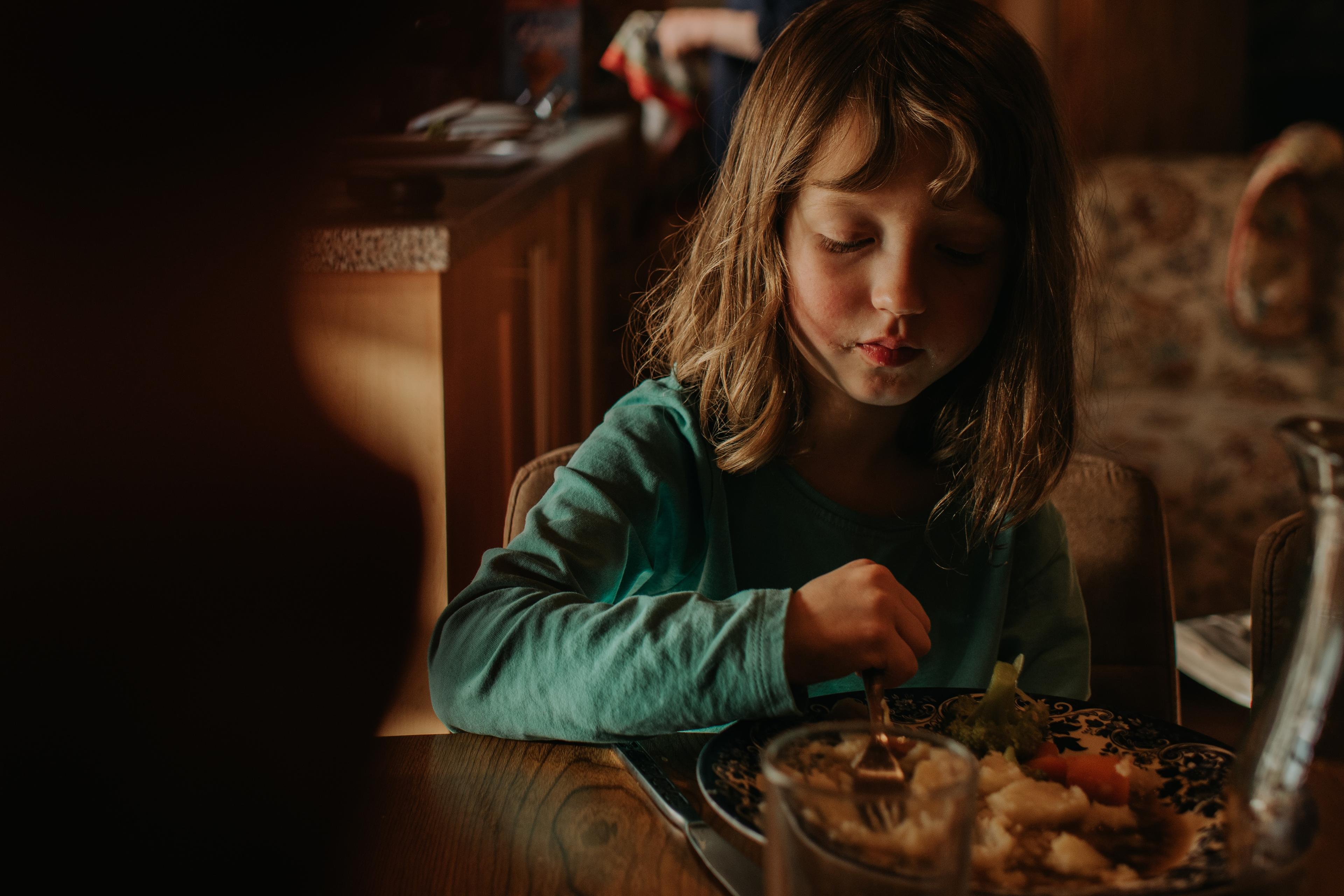Until I finally stopped drinking alcohol at 33, my life hinged on binges. Solo, three-day affairs, when I consumed as much alcohol as my body could handle, before blacking out, then clocking back in to purge the booze it couldn’t take. If I was lucky, the overflow made it into the toilet. More often than not, the puke (and eventually, stomach lining) coated my bed, floor and me. I started drinking to dangerous levels at 19. While my friends slept after a party, I’d wake up hours before them and consume the leftovers. The cycle was relentless.
When it came, rock bottom looked like the inside of my one-bed flat on Glasgow’s Southside, viewed through eyes soaked wet from vomiting. The place was a mess. As I lay unconscious, my bedroom floor had sprouted scores of bottles, all empty, save for the fag ends suspended in dribbles of blackened beer. My sick laminated a lot of these bottles. Clothes, jumbled in the mix, caught loads, too. The room absolutely stank. Somewhere in the midst of this rank chaos lay a dead phone. Plugged-in and revived, it beeped with messages for 30 seconds straight.
You’ve missed work again, Mick.
Why is your phone off son? Xxx
Are you OK, Michael? Please call me.
That’s when I started crying. Big, deep, diaphragm-shaking sobs, quick as machine-gun bursts, giving way to a sustained cry.
For those unfamiliar with serious alcohol withdrawals, the effects are orders of magnitude beyond the traditional hangover. You sweat viscous slime from every part of your body. You shake involuntarily. You’re too tired to stay awake but too wired to sleep. In a semi-conscious fog, you are haunted by ‘The Fear’ – an Irish term signalling the profound sense of doom that consumes you after a heavy session. At rock bottom, this fear was so bad I thought of killing myself. Not as a mind’s-eye exercise in my imagination: genuine ideation.
I’d reached a fork. Destroy myself, or stay alive and save my family from loss and devastation. I chose them.
Shaking with withdrawal in that sick-soaked hovel, I decided to stop drinking – for at least long enough to stave off the slow-puncture suicide my drinking levels portended. I’d tried complete abstinence before, in my 20s, but these attempts never lasted. I tried moderation, too. Moderation, for what it’s worth, inspired a predictable arc: no benders, no drinking alone, one night only, one night plus a hair-of-the-dog the next day, drinking alone, benders, ad infinitum.
There was no solipsism or grandstanding involved, just your garden-variety epiphany
At 33, my ability to rebound physically from such bingeing was dented. I’d made precisely zero gains on any career aspirations I’d harboured since revelling in English at school. Though it’s never too late to reverse bad decisions, there was a now-or-never quality to my current predicament: rail thin on a frameless mattress, trembling and half-blind, I realised I was too sick to be sick any more.
I wasn’t guided by an unseen spiritual hand but had reached a singularity – I knew this was it for me: people die from substance abuse or get so low they feel suicide is the best option. Both things could happen to me. There was no solipsism or grandstanding involved, just your garden-variety epiphany. Without it, this story might have ended with a routine statement from a Housing Association to a police unit a few days after they’d kicked the door in and discovered my cadaver prostrate among the bottles.
My goal was one whole booze-free year. It had obvious allure: I could repair relationships, fix my broken physical and mental state, get that career going in earnest, live a healthier, happier life. It was never going to be easy, though. For one thing, I worked in a bar. And my friends all drank alcohol. What would I do before the football, at parties and weddings, at the beach, as a way to relax, at Christmas? The answer: Just Not Drink.
Armed with that now-or-never feeling, I binned bottles, scrubbed carpets and bundled my clothes into the washing machine. In coming days, as my body expelled the worst of the poison, I was able to get some food into me and find my way back to sleep. Though I felt physically fine, I was riddled with anxiety. So I started exercising again – walks in the park, calisthenics. Ironically, feeling fine is the most dangerous time when you’re quitting. It’s easy to swear off reckless behaviour when you’re suffering the dire consequences of reckless behaviour. It’s when you’re fresh that your resolve is truly tested.
When the demons came, I knocked back thoughts of booze by working out and doubling down on my determination to last the year. Friends were supportive, but sceptical. Family offered kind words. I reached a month of no alcohol. Then two. On a family holiday, about three months in to my sobriety, I sat in a Floridian bar with my brother-in-law, and watched the pitcher he’d ordered start races between little beads of condensation running down the nectar jar. My brain’s dark interlocutor fired up: holidays don’t count, it said. Light beer doesn’t count. Get back on the wagon once you’re home. YOLO. I skewered each objection like a sobriety-obsessed ninja.
My reservations about quitting were just a product of a brain seeking spikes of dopamine
One year on, I took the back pats and handshakes along with the eyebrows raised in incredulity. And I understood that I had another decision to make. A year is iconic but arbitrary. For a substance abuser, it’s enough time to distance yourself from the pull of destructive behaviour, but it’s inconsequential if you slip back into the old patterns you’d made such an effort to escape.
In my case, I didn’t want to drink alcohol any more. Ever. As one year turned into two, I stopped watching the YouTube confessionals that helped me when I initially stopped. The names and channels are gone from memory, but the recurring theme underpinning most people’s stories was how much better life was once they quit drinking. I believed them but couldn’t shake the idea that life would be boring.
I knew my reservations about quitting were just a product of a brain seeking spikes of dopamine. In much the same way that I initially couldn’t envisage life without cigarettes, despite its benefits – the first one with a morning coffee, the after-dinner puff, the delightful dovetail of cig and beer – I had to admit that a year off alcohol had made life better in every respect. Sure, I’d become socially withdrawn, but seeking solitude was no longer a cover to engage in dangerous behaviour. Instead, I used the even keel of sobriety to read and write. I learned to enjoy my own company. My friends continued to support me. Instead of drinking together we’d go on hikes or wild swims.
As a minor miracle, and against type, I gathered the wherewithal to seek professional help for a set of lifelong problems. Among them, an inability to reconcile internal drive and ambition, with the 30-something waste of a man who drank and shirked work. When I did work, at one office job, I was reprimanded for taking too many smoke breaks. Rebuke in hand, I still couldn’t stop myself; I continued to take more breaks than I should have, felt almost physically compelled to jump off my seat every 15 minutes. I eventually left the job before I was pushed. But why couldn’t I just sit at a computer or keep at something, or focus on one thing at a time?
One spring day in a south Glasgow mental health facility, a psychiatrist armed with the answers to those questions offered me a tantalising path to resolution.
‘It’s pretty obvious you have ADHD,’ he said. ‘Let’s start you on 27 mg of methylphenidate.’
This level of methylphenidate – a stimulant that regulates the broken dopamine centre in ADHD brains – had little effect on me. I still couldn’t concentrate for more than a few minutes at a time. I’d watch a film and read a book and have the laptop open all at once, unable to derive satisfaction from any of them. Not drinking made it only more evident that I had a racing mind, full of hopes and fears, anxieties and resolutions, plans and guilt.
It’s now seven years since rock bottom, and I still haven’t drunk alcohol
By way of analogy, imagine your brain as a Formula One pit stop. There’s the chaos of a cheering crowd, the squeal of high-powered cars whizzing round the track, and a voice barking in your earpiece telling you to change the tyres more quickly. There’s no cognitive space left to consider anything other than changing that tyre. That’s what ADHD feels like. Too much stuff going on, too much stuff that precludes perspicacity about the future, current behaviours, or any sense of where problems originate.
It turned out that 36 mg of medication was my sweet spot. Suddenly, the noise of the cars dialled down. The earpiece, the cheering crowds, all reached tolerable levels. There’s still a nagging thought that I should be doing something other than whatever I’m currently doing, but nothing is perfect.
It’s now seven years since rock bottom, and I still haven’t drunk alcohol. I haven’t attended any meetings or counselling either, because those things keep the idea of alcohol alive as they fight the idea of relapse. Instead, I do the things I couldn’t do when I was in the throes of chronic substance abuse. Exercise has become a mainstay. Medication my backstop. I can sit at a computer for longer than 15 minutes at a time now, and peck coherent sentences out on a keyboard.
I turned 40 in April. I spent it with my partner at a log cabin tucked inside a picturesque corner of the Scottish countryside. Sitting on deckchairs beside a private loch, we drank coffee and watched sunsets. I wouldn’t be with my partner if not for sobriety. I might not be with me if not for sobriety.
